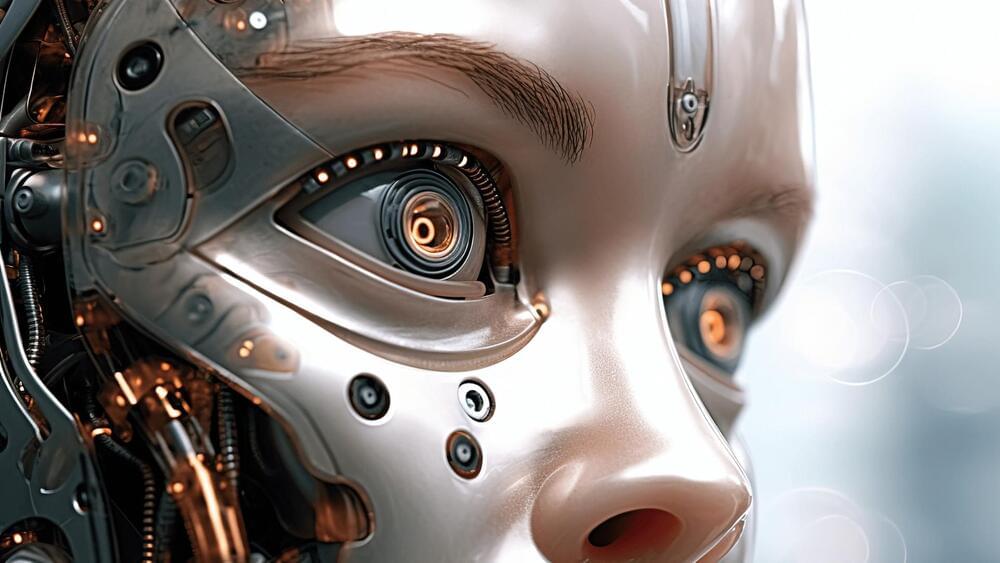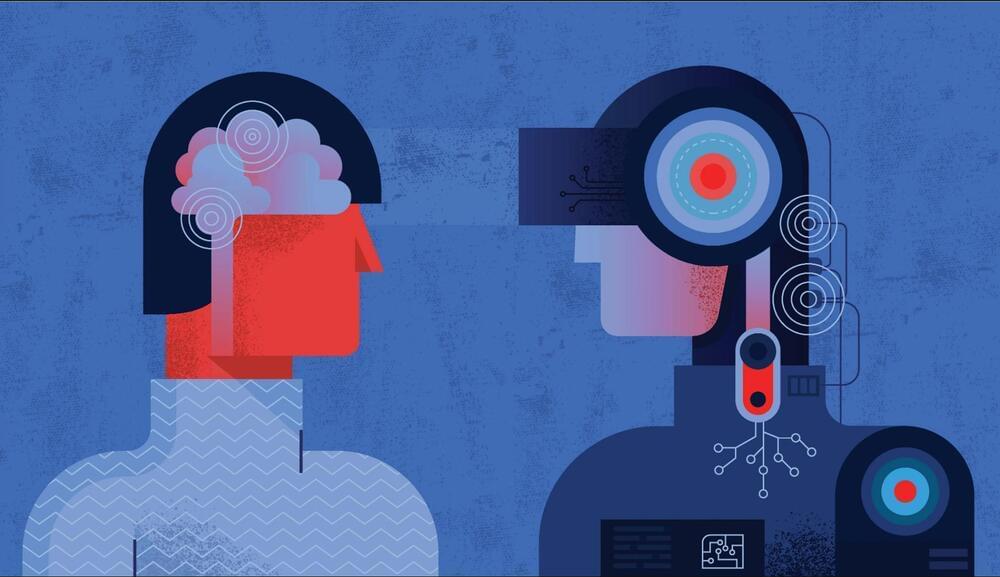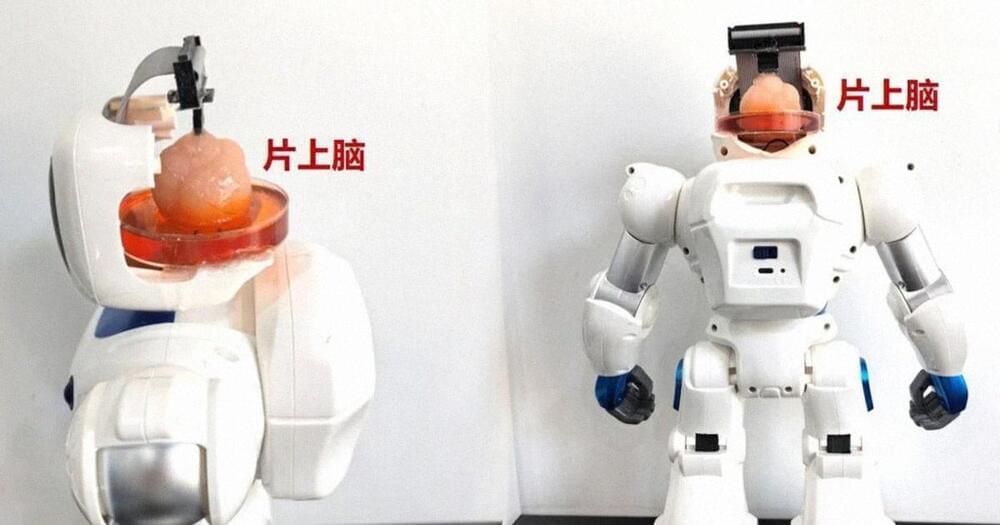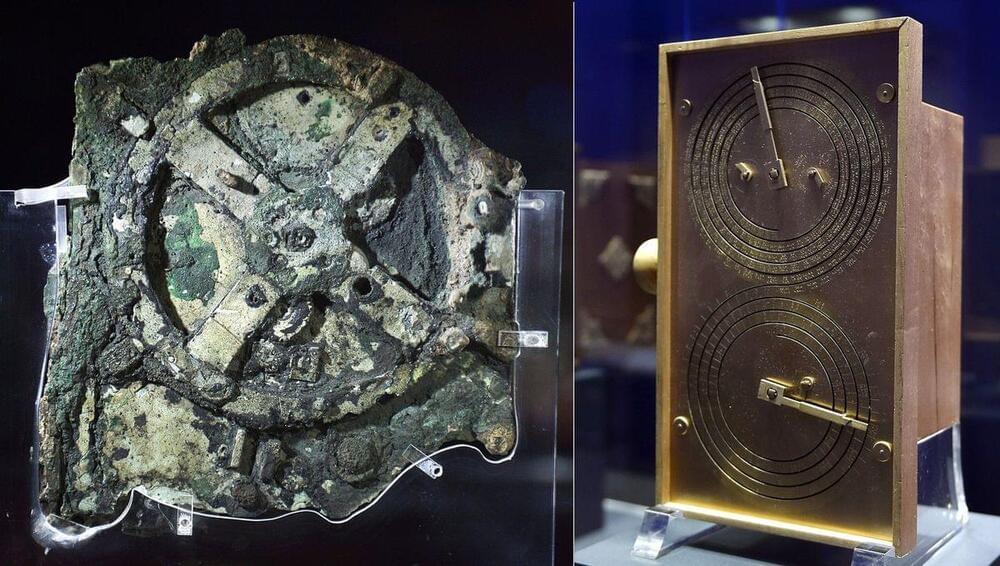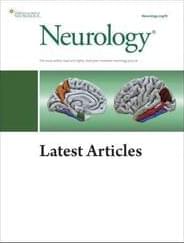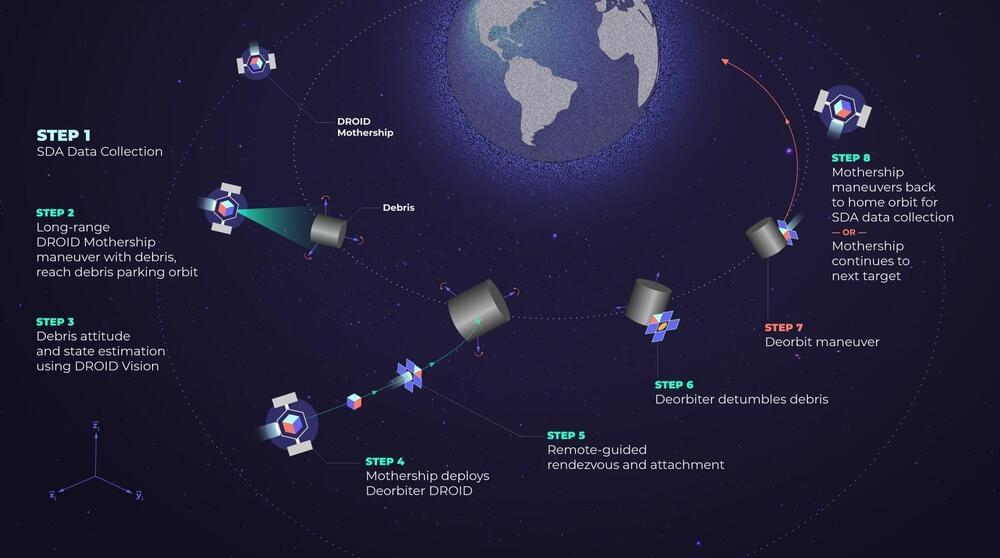Chinese researchers say their innovation could lead to hybrid human-robot intelligence.
Researchers at China’s Tianjin University and the Southern University of Science and Technology have reportedly developed a robot with a lab-grown artificial brain.
Brain-on-chip technology has been used to train the machine to perform various tasks, according to local media.
Scientists reportedly combined brain organoid with a neural interface chip to power the complex machine. The robot has been trained to easily grip objects and avoid obstacles, according to Tianjin University.
